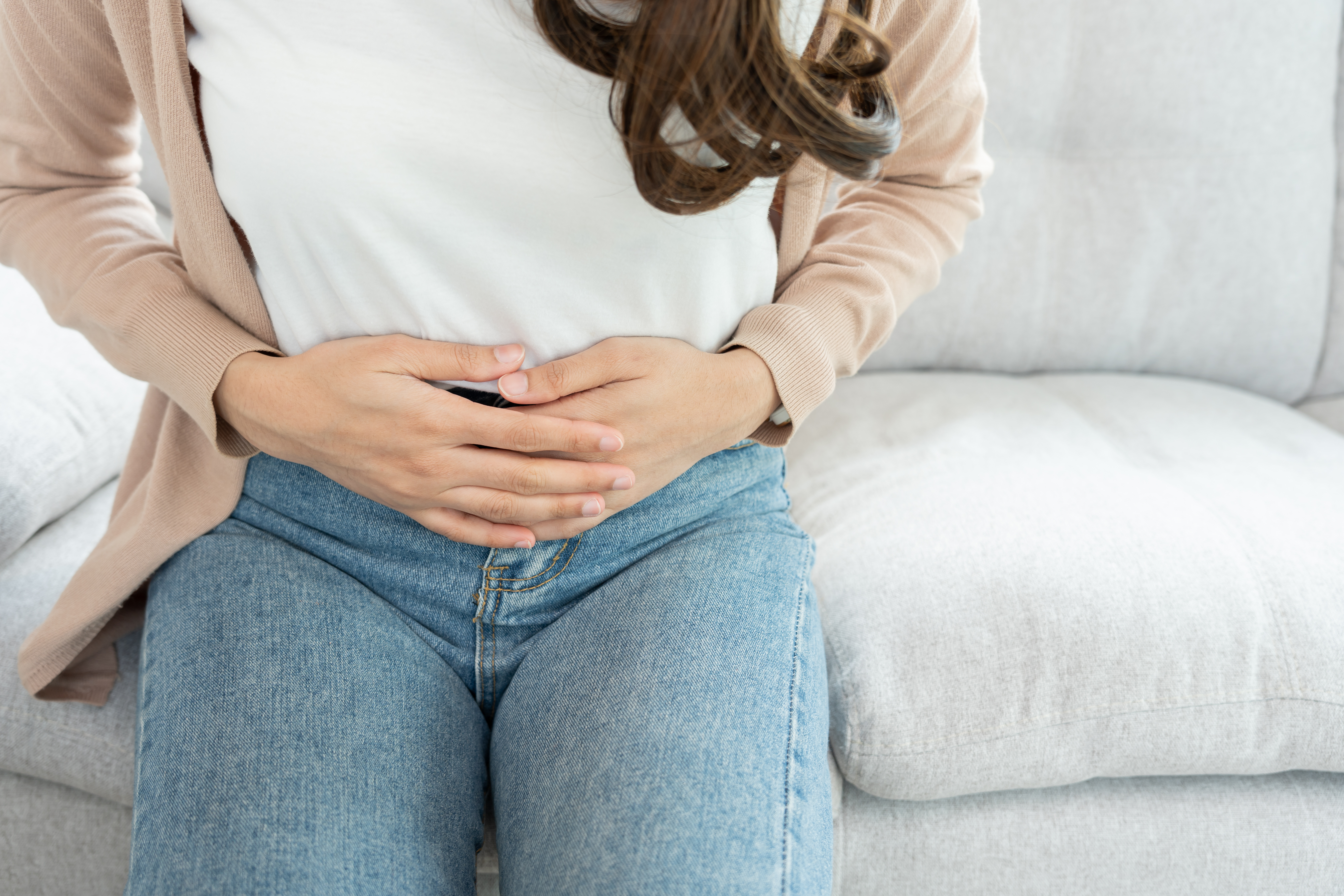Diarrhea

Diarrhea is a complex condition with various causes and symptoms, ranging from viral infections to dietary issues. You might experience persistent tummy pain or cramps, making it challenging to hold back the urge to use the bathroom. Understanding the nuances is crucial for effective management.
Quick access to a restroom becomes crucial during these times. Alongside loose stools, feelings of queasiness, vomiting, tiredness, weakness, and, occasionally, fever or headaches may occur.
If you're dealing with diarrhea, understanding these symptoms helps you manage and cope better. Recognizing something unusual or having concerns warrants reaching out to your healthcare provider for guidance.
- Persistent tummy pain or cramps: The pain can be present all the time or coming in cramps.
- Quick urge to use the bathroom
- Feelings of queasiness: A mild state of nausea
- Vomiting

Understanding how to effectively manage diarrhea involves a combination of lifestyle adjustments and self-care practices. From staying hydrated and choosing the right foods to addressing underlying causes, a comprehensive approach can help alleviate symptoms and promote a quicker recovery.
In this section, we'll explore practical tips and strategies for managing diarrhea, offering insights on hydration practices and dietary considerations. Taking proactive steps in managing diarrhea ensures a more comfortable experience and supports overall health.
If you need more information, or you want to learn more about these different causes, you can always contact one of our MIA doctors for advice in dealing with and preventing those head-pounders.
- Viral Infections: Diarrhea often results from viruses, but can also occur due to bacteria or parasites.
- Spoiled Food: Bacterial contamination from undercooked or improperly stored food can lead to diarrhea.
- Hydration and Fluid Loss:Diarrhea and vomiting can cause dehydration due to fluid loss.
- Inflammatory Conditions: Inflammation in the intestines by viruses, bacteria, or parasites can result in thinner stools.
- Medication Side Effects: Certain medications may cause or worsen diarrhea.
- Traveler's Diarrhea: Consuming spoiled food or water during travel can trigger diarrhea.
- Aim for 2 to 3 liters of extra fluids daily. Consume water, tea, or broth after each episode of diarrhea.Take small sips (1 or 2) every 5 to 10 minutes if vomiting.
- If you also have a fever, stay vigilant on hydration.
- Avoid sweet drinks if diarrhea persists beyond a week.
- It's okay not to eat or eat less for a few days. Start with small amounts and eat when hunger returns.
- Managing abdominal cramps: Consume small amounts of food and drink if experiencing abdominal cramps.
- Prevent diarrhea: practice good hygiene, especially handwashing, to minimize infection risks.
- Most cases resolve without medication. Consider oral rehydration solutions (ORS) in severe cases.
- Loperamide, a 'stopping agent,' can be used for short-term control of diarrhea, especially before travel.

Understanding when to seek medical help ensures timely intervention and appropriate care for managing diarrhea and vomiting effectively.
If you believe there is an emergency or you worry about persistent symptoms, don't hesitate to contact your healthcare provider. In this section we help you understand emeregency symptoms you can look out for when having diarrhea symptoms. Note! Call your GP or GP post immediately if you experience diarrhea along with excessive drowsiness, confusion, or a feeling of fainting.
- Unresolved diarrhea: If diarrhea persists beyond 10 days.
- Dehydration or not enough drinking: You drink little water or nothing at all.
- Continuous vomiting
- Excessive thirst
- Severe abdominal pain
- Blood or mucus in stool
- Underlying health conditions: If you have Diabetes, Kidney problems or Heart failure.
- You are above70 years of age and you have: Diarrhea exceeding 1 day, a fever, or not having urinated for more than 8 hours.
- If you use certain medications: like anti-depressants, anxiety pills, certain painkillers, antidiabetics or diuretics.